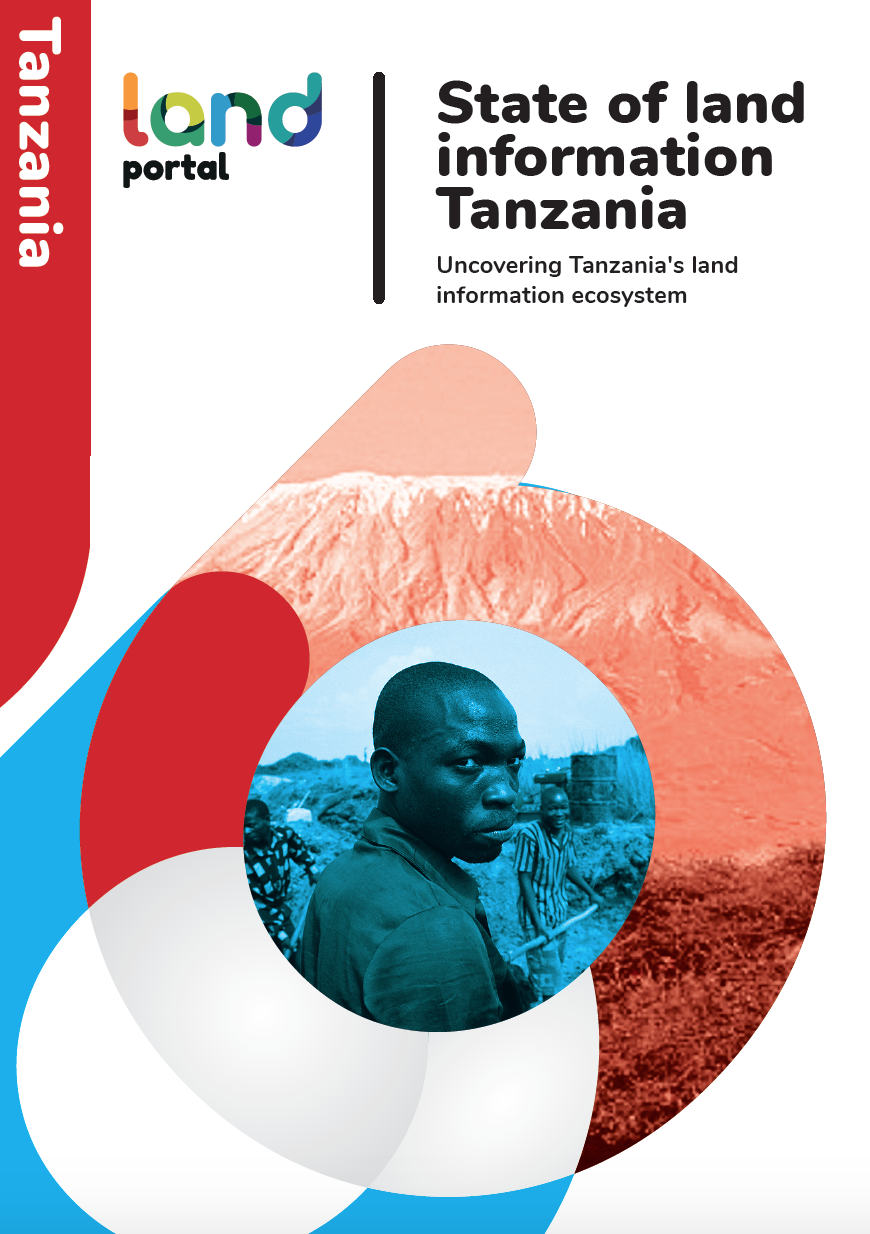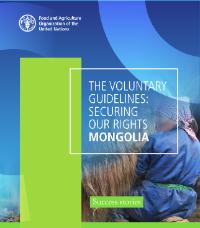Land in urban debates: Unpacking the grab–development dichotomy
On the heels of the rural ‘land grab’ debate, the ongoing urban transition combined with large-scale urban infrastructure investments and land scarcity forces us to also pay more attention to issues of land in urban discussions. Yet how can we conceptualise land-related problems in order to connect and integrate rural and urban debates in overarching discussions of development?







